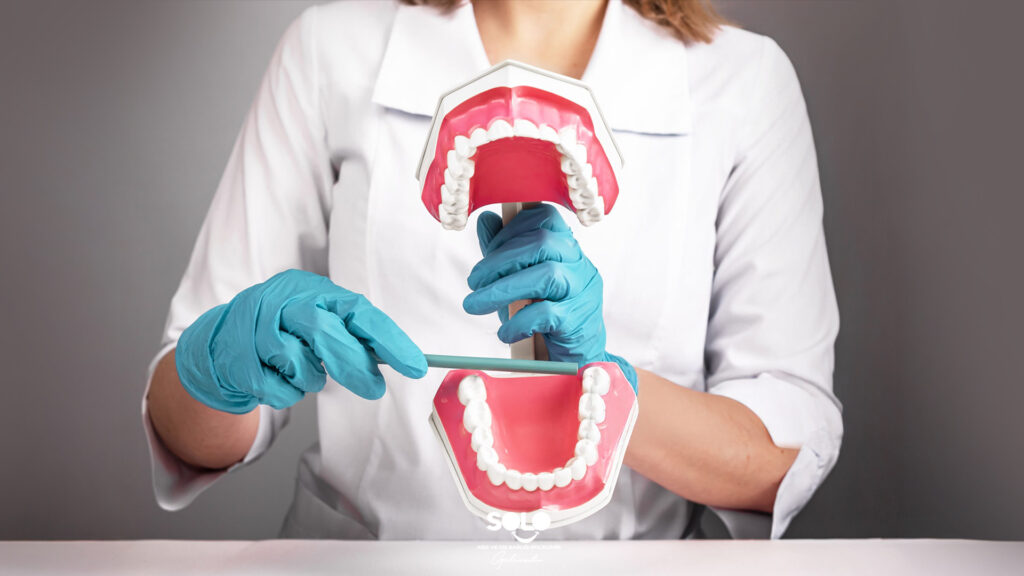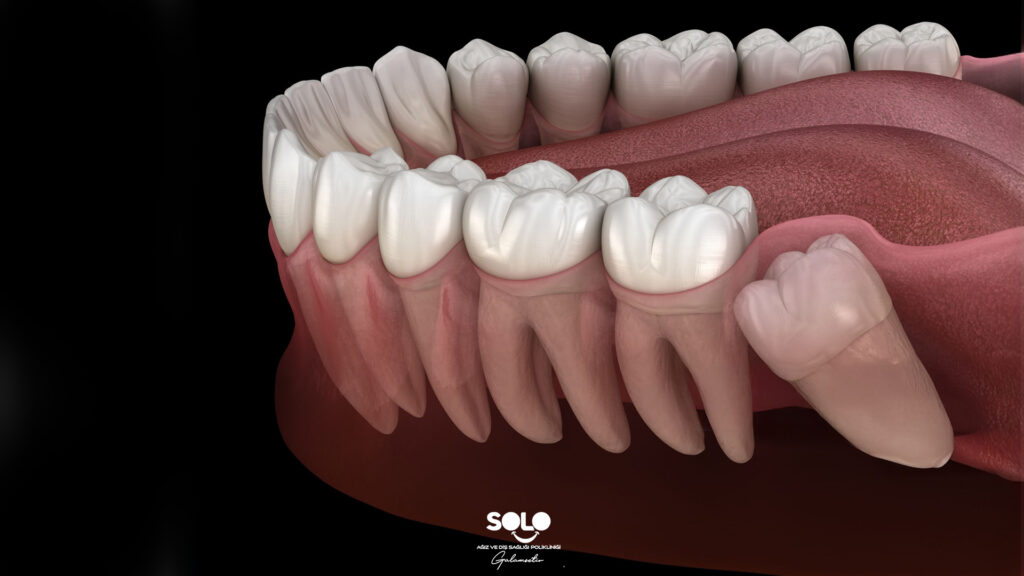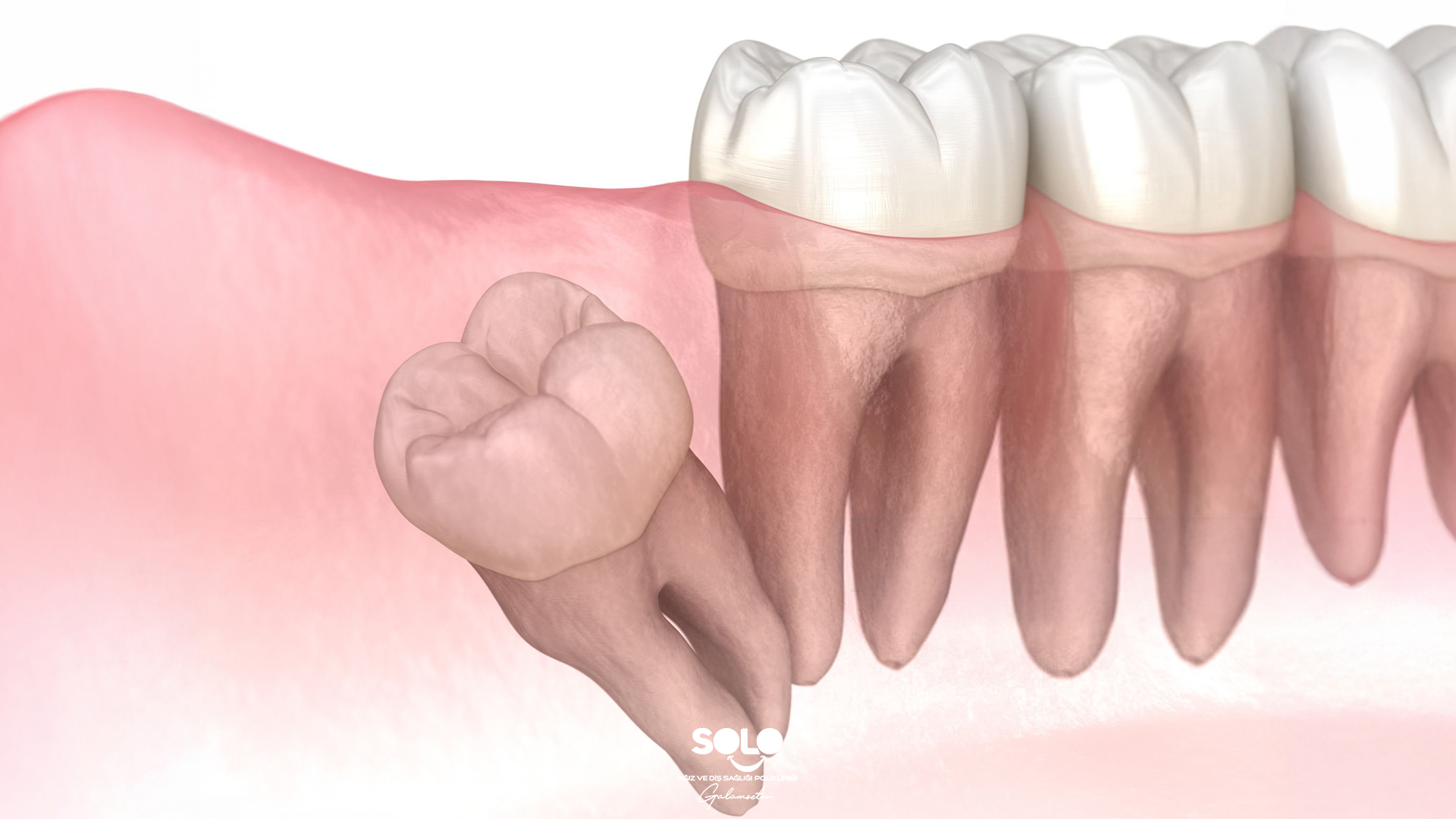Do Wisdom Teeth Grow Before Age 20?
Tooth development is a long process that begins early in life and continues over many years. This journey begins with the emergence of primary teeth, is replaced by permanent teeth during adolescence, and is completed in young adulthood. The final stage of this process is the third molars, commonly known as “wisdom teeth.” Commonly, these teeth are expected to emerge around age 20, hence their name. However, this may not always be the case.
In some individuals, these teeth may begin to emerge much earlier, while in others, they may not emerge at all or remain impacted in the jaw. Many factors, including genetic factors, jaw structure, hormonal changes, and individual developmental pace, can influence when wisdom teeth erupt. So, is it really possible for wisdom teeth to emerge before age 20?
What are Wisdom Teeth?
Wisdom teeth are among the most talked about, yet least known, teeth. Medically known as “third molars,” they are located at the very back of our jaws. There are usually four of them in total: two in the upper jaw and two in the lower jaw. Their name comes from the fact that they usually begin to appear between the ages of 17 and 25. In other words, they are practically a dental marker of the transition to adulthood.
So why do these teeth exist? Wisdom teeth were actually quite useful structures in the evolutionary process, a result of our ancestors’ diet of much harder, fibrous, and unprocessed foods. Just think, back then, there were no steamed vegetables, no soft cakes that would tire the teeth. Because people ate raw meat, hard roots, and nuts, these extra molars were a real necessity. Tooth loss was also common during that era, so they could be considered replacement teeth.

Today, things have changed somewhat. Our eating habits have softened considerably, and food is now much easier to chew. At the same time, our jaws have also shrunk compared to our ancestors. The result? Not everyone has enough room for their wisdom teeth. While some people develop them properly, others can become impacted, crooked, or cause gum problems.
Is It Normal for Wisdom Teeth to Erupt Before Age 20?
It’s said that wisdom teeth usually begin to appear between the ages of 17 and 25, but this is actually just an average range. In real life, things don’t always go this “by the book.” Some people may notice their wisdom teeth starting to appear as early as 14 or 15. While this may sound early, it’s actually completely normal.
Genetic Factors
Some things are indeed genetic. If you know that wisdom teeth appear early in your family—especially in your mother, father, or siblings—it’s not surprising that you too will experience them at an early age. This is because tooth development can be influenced by genetic factors, just like height or hair color.
A Rapid Hormonal Effect
In individuals who experience puberty early, the body generally develops more rapidly. This development isn’t limited to height growth; teeth are also part of this process. When hormones accelerate, the eruption of teeth can also be delayed. In other words, the early eruption of wisdom teeth is closely linked to the body’s overall developmental pace.
Adequate Jaw Space
The problem most people experience with wisdom teeth is a lack of space. However, some people have a slightly wider jaw or more suitable spacing between teeth. In such cases, wisdom teeth may “find their place” and erupt earlier. This not only helps the teeth emerge more easily but also generally helps them settle in smoothly.
Healthy Nutrition and General Development
Eating habits also play a significant role in dental development. Adequate vitamin, mineral, and especially calcium intake during childhood generally leads to healthier and more regular development of teeth. This may also pave the way for wisdom teeth to emerge a little earlier.

What to Consider for Premature Wisdom Teeth Erupting?
The premature eruption of wisdom teeth does not pose a problem in and of itself. However, it is important to be aware of the following:
Strict Jaw
If there is insufficient space in the jaw, the tooth may remain impacted or may push against other teeth, causing crowding.
Pain and Inflammation
Pain, swelling, or infection may occur during eruption. In these cases, it is essential to consult a dentist.
Partially Impacted Teeth
Some wisdom teeth fail to fully erupt and remain partially impacted. This can cause inflammation in the surrounding tissues and bad breath.
X-Ray Checkup
Examining wisdom teeth that emerge at an early age with an X-ray is important to determine whether the tooth is erupting in the correct position.
Do Wisdom Teeth Need to Be Extracted?
Wisdom teeth don’t always need to be extracted. If they emerge in the correct position, don’t harm surrounding teeth, and can be cleaned hygienically, they can remain in the mouth. However, if they:
- Emerge crookedly,
- Crush other teeth,
- Cause persistent inflammation,
- Cause decay,
Removal is recommended. This decision is based on a dentist’s examination and x-ray results.

The emergence of wisdom teeth before the age of 20 is not a cause for concern. This process can be delayed due to individual developmental differences. The key is to monitor whether these teeth are erupting properly. Early intervention through dental checkups can prevent future problems.

